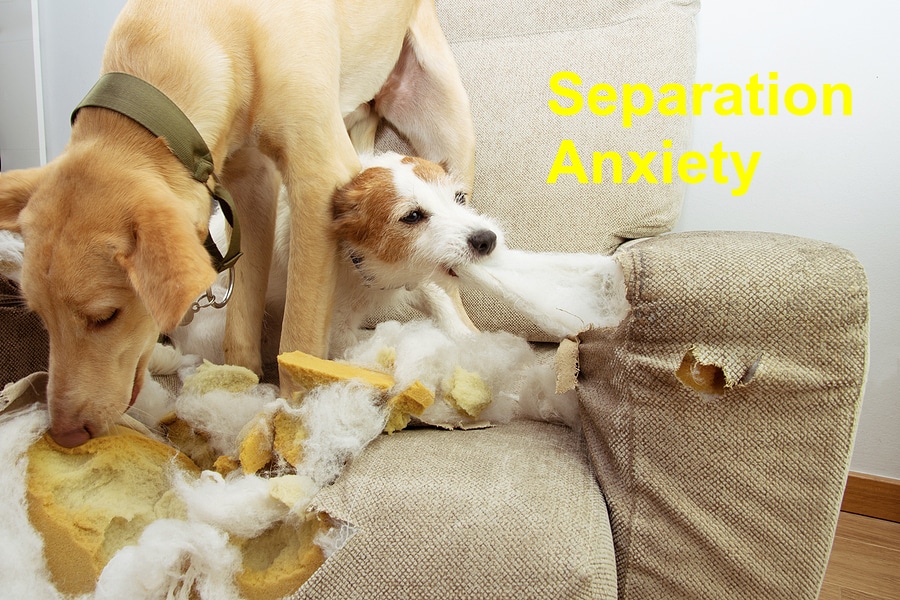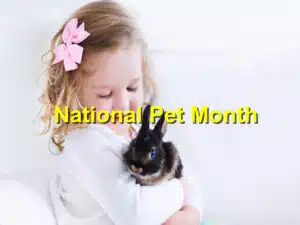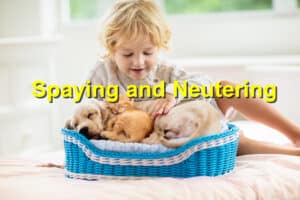If you own a poodle, then chances are you may have come across the term separation anxiety. It essentially describes the tendency of dogs to become extremely anxious and upset when their handlers or owners leave them behind or appear to be leaving. While it may not appear like a big deal to you, it can be quite distressing for the dog to the point of severely impacting their lives. Separation anxiety in dogs is almost similar to panic attacks in humans that have the capacity to immobilise a person for a few minutes, only that in our furry friends it can go on for hours.
Housetraining Incidents and Accidents when You are Not at Home
A common sign of separation anxiety is the tendency of the dog having bathroom accidents whenever you are not at home but will rarely poop or pee in the house when you are present. Researchers believe that this mostly happens because anxiety and stress floods them with cortisol ( a stress hormone ) that makes it difficult for them to hold their bowels or bladder.
They are Overly Excited When the See You
As much as dogs are known to appear excited and exhilarated to see us when we finally come home after a long day, it is not normal for them to appear hysterical and unable to control their barking and crying. If they jump all over you for as long as 30 minutes after you have come home from work, then you could be dealing with a serious case of separation anxiety and the poor dog is tremendously relieved that you are finally back.
Destructive and Over-the-Top Behavior
There’s nothing as depressing and upsetting as coming home only to find that your beloved poodle has chewed out a hole in your favorite expensive sofa, torn up the curtains and window blinds or destroyed the plaster or drywall in your home. Most dog owners will mistakenly assume this is sheer naughtiness or spite and will most probably punish the dog needlessly. However, anxious dogs are known to chew on furniture or soft objects that carry your unique scent as a way of calming themselves down when you are not around.
Excessive Howling and Barking
If your neighbors start to complain that your dog makes too much when you are not present, then it could be a sign of severe separation anxiety too.




